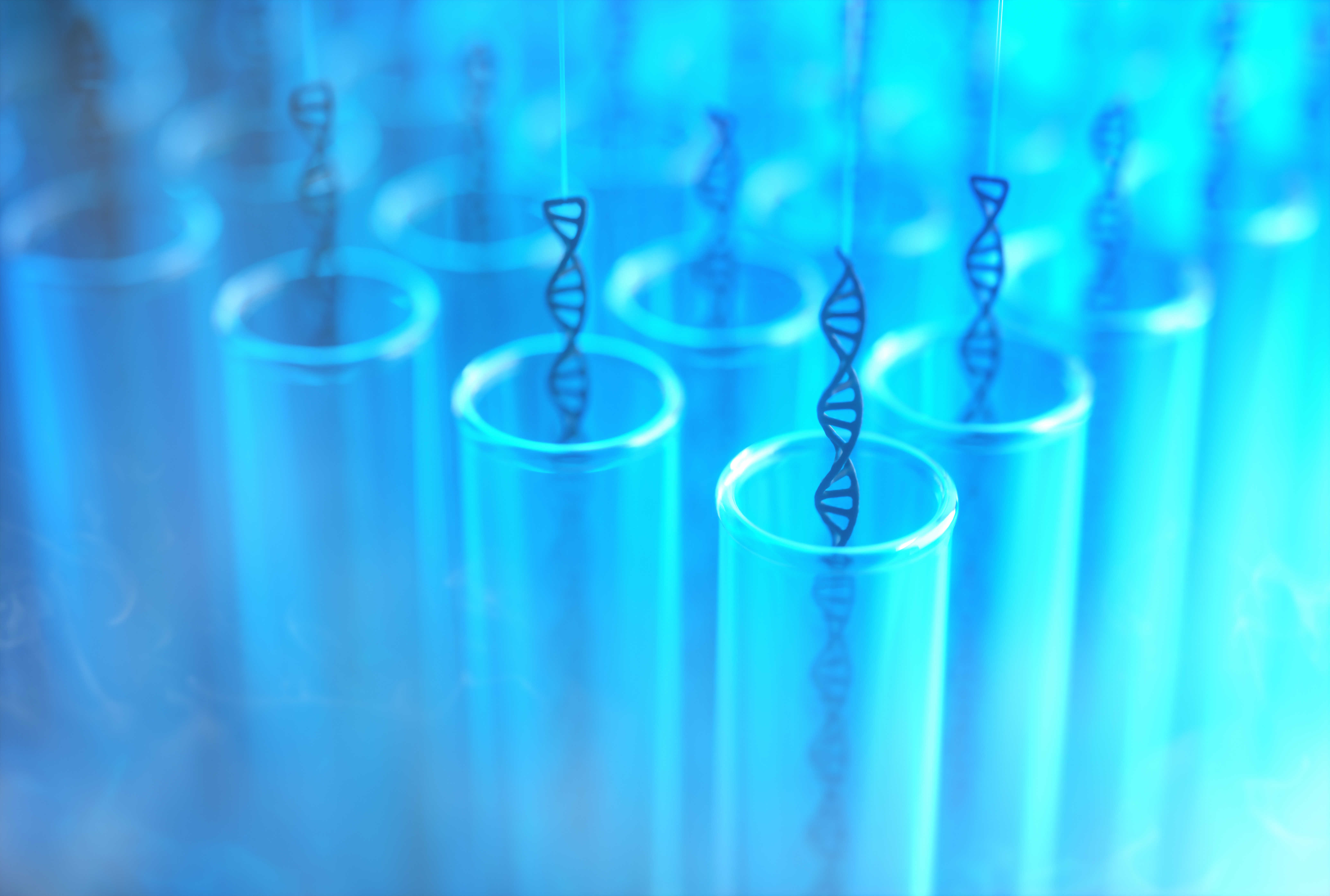Preimplantation Genetic Testing Options During IVF

There are multiple preimplantation genetic testing options to consider during IVF but, what exactly is the difference between PGD and PGS?
What is PGD?
Preimplantation genetic diagnosis is a test offered to patients who are known carriers of a genetic medical condition and are therefore at high risk of transmitting it to their children, such as cystic fibrosis, hemophilia, or Tay-Sachs disease. It enables families impacted by any inherited disease to reduce the risk that their children will suffer from a genetic disorder. In PGD, a cell is removed from the embryo, and the test only reveals the mutations relating to the particular medical condition identified.
What is PGS?
Preimplantation genetic screening is a process for screening embryos to test for overall chromosomal normalcy in embryos. It involves screening the embryo for any structural abnormalities in the chromosomes. During PGS, the cell is removed from an embryo and tested for the eight chromosomes that malfunction most frequently. These abnormalities may include aneuploidy which is the wrong number of chromosomes, such as Down’s Syndrome which is an extra chromosome 21; and translocations which are incorrect chromosomal positioning, or other significant structural alterations.
PGS is done before embryo transfer so that the couple can choose to transfer only embryos with the correct number of chromosomes into the womb. Embryos with the standard number of chromosomes are more likely to result in a full-term pregnancy. PGS also allows the couple to learn the gender of their embryos.
Is PGS/PGD the right choice for you?
Genetic testing can increase success rates for IVF in women over 35, in addition to those that have suffered repeated IVF failure or recurrent miscarriages because it allows them the opportunity to select the healthiest embryos for transfer. Patients may also benefit if they are carriers of chromosomal translocations or inherited genetic diseases.
If you are interested in learning more about PGD/PGS, talk to a fertility specialist. Schedule an appointment with one of our fertility experts and or email Aspire with any questions. You can also schedule an appointment at either clinic online or call the Houston Clinic at (713) 425-3003 or the Dallas Clinic at (214) 414-3806.


















